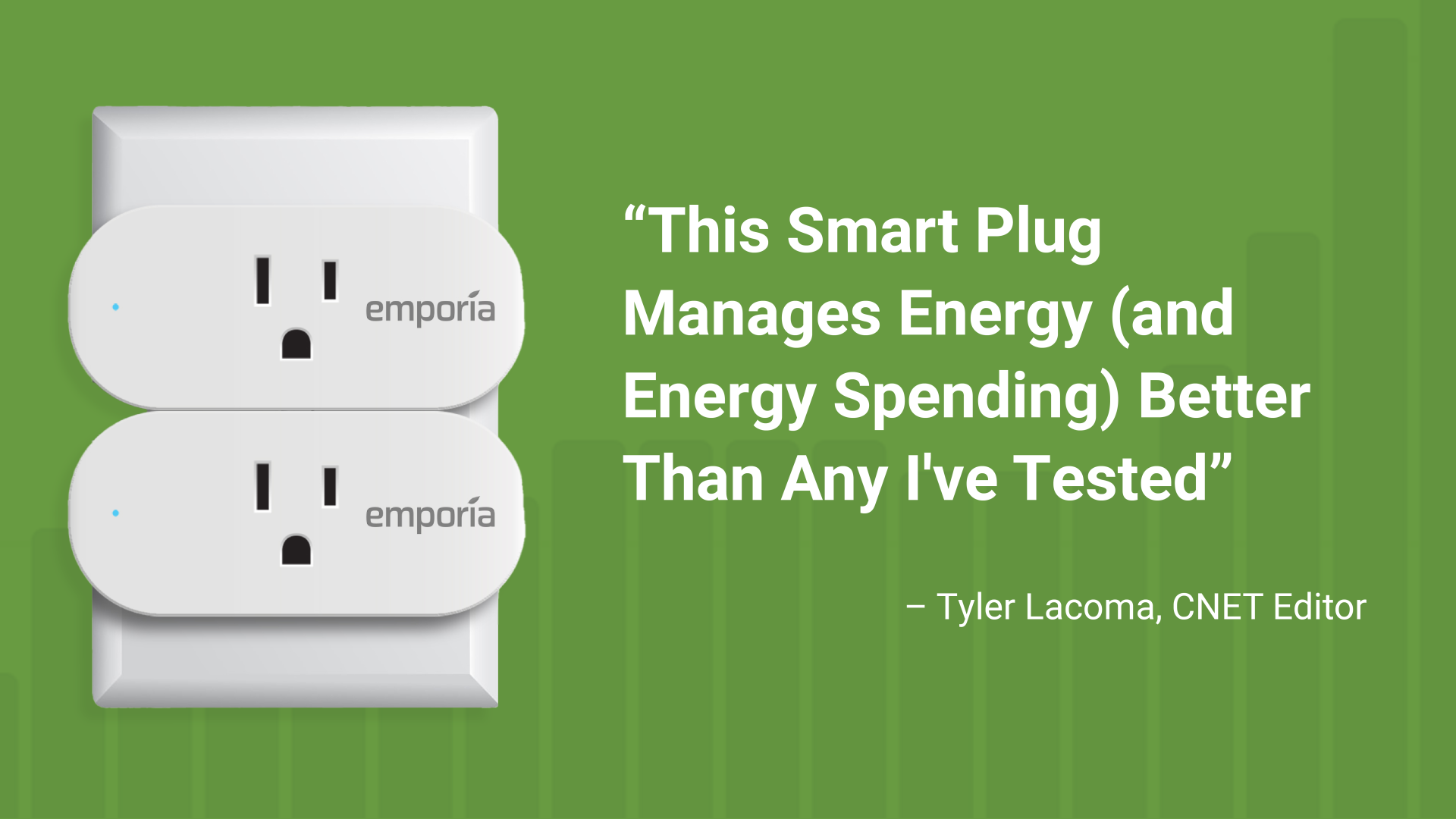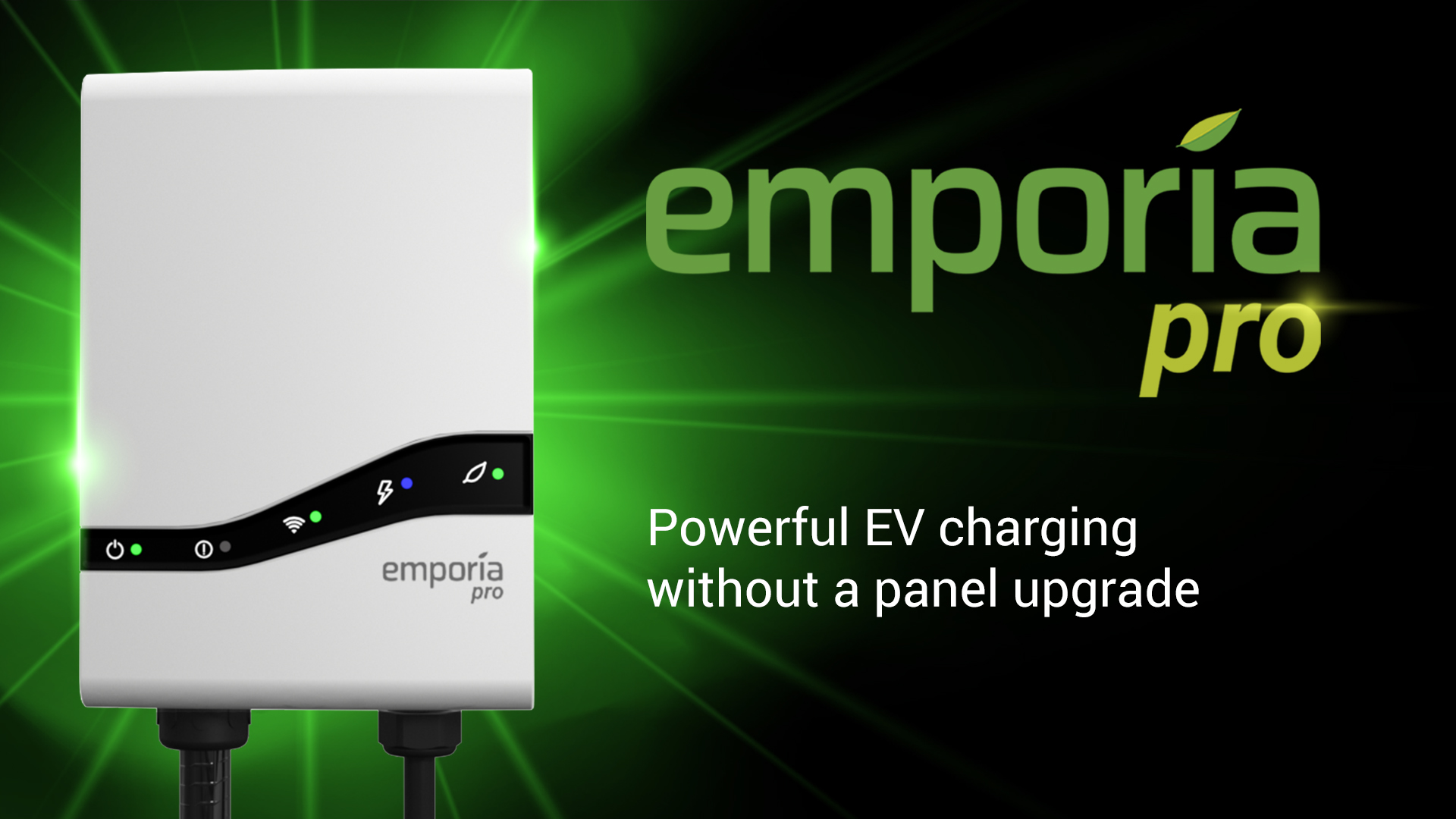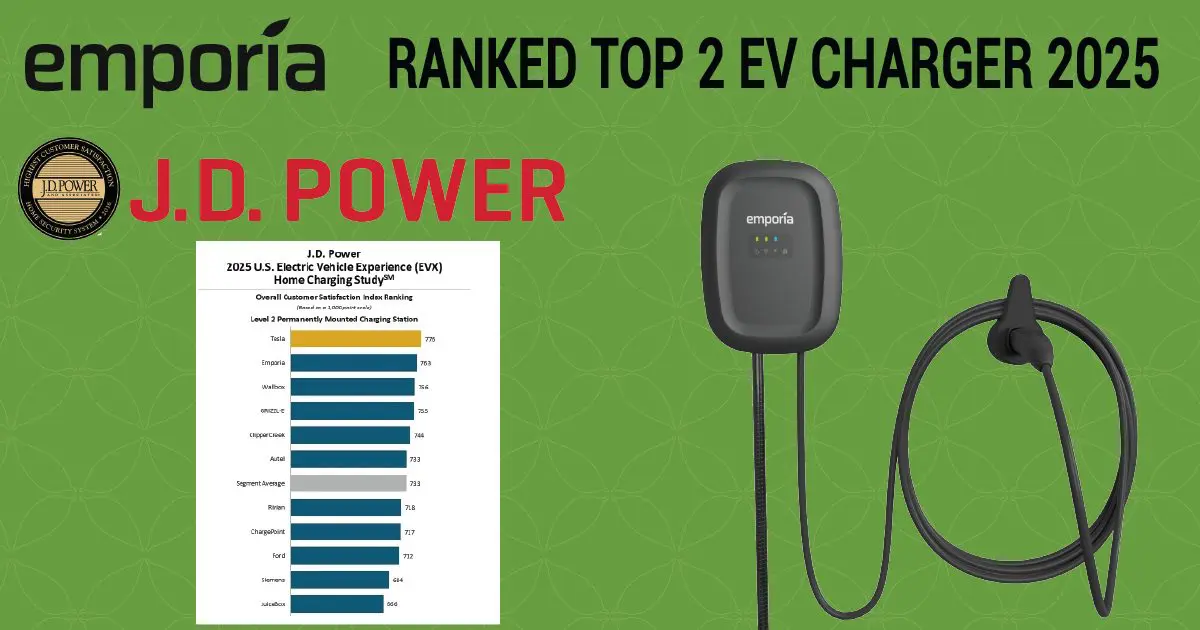What to know before investing in rooftop solar. Before making the decision to invest in solar, you need to be well-informed about the process and what to expect. Let’s explore the ten most important things to know.
Top 10 things to know before investing in rooftop solar
1. Assess your energy needs
Understand your current electricity consumption and consider any potential future changes. This information will help you determine the appropriate size of the solar system for your home or business. You can do this by looking at your monthly utility bill, or if you want a more granular understanding of what you are using by day and by appliance or room, buy a home energy monitor. Learn more about home energy monitors.
2. Solar potential at your location
Solar power generation is highly dependent on your location, including factors like sunlight hours, shading, and climate. The size, shape and slope of your roof are also important with south facing roofs at a 15-40 degree grade working best. A professional solar installer can assess your property’s solar potential and recommend the best solar panel system for your specific conditions. For a free no-obligation consultation click here
3. Financial incentives
Investigate the federal, state, and local incentives available to you. These can include tax credits, rebates, and net metering programs that can significantly reduce the cost of your solar installation and boost your return on investment. Learn more about the federal solar tax incentive
4. Solar financing options
There are several financing options available for solar installations, such as purchasing, leasing, or entering into a power purchase agreement (PPA). Each option has its own advantages and drawbacks, so it’s important to choose the one that best fits your financial situation.
5. Solar panel types
Solar panels come in various types, including monocrystalline, polycrystalline, and thin-film. Each type has different efficiencies and costs. Discuss with your installer which type is most suitable for your needs and budget.
6. Quality solar installer
The expertise of the installer is crucial to the performance and longevity of your solar system. Choose a reputable, certified installer with a track record of successful installations and positive customer reviews.
7. Equipment quality
High-quality solar panels, inverters, and racking systems are essential for system reliability and durability. Ensure that the equipment used in your installation is from reputable manufacturers and comes with warranties.
8. Solar panel maintenance
While solar panels require minimal maintenance, regular inspections and cleaning are necessary to ensure optimal performance. Be prepared to schedule periodic check-ups and keep the panels clean from dirt, leaves, and debris.
9. Grid connection and net metering
Understand how your solar system will be connected to the grid and take advantage of net metering programs if available. Net metering allows you to receive credit for excess electricity your system generates and feeds back into the grid.
10. Payback period and return on investment
Evaluate the payback period for your solar investment and understand your return on investment. This can help you set realistic expectations for when you’ll start seeing savings on your energy bills and recoup your initial investment.
Investing in rooftop solar in the United States is a substantial decision with many benefits, including energy savings, reduced carbon footprint, and increased property value. However, it’s essential to be well-informed about your energy needs, solar potential, financing options, and the quality of your installation. By carefully considering these ten key factors, you can make an informed decision that aligns with your energy goals and budget. Collaborate with a trusted solar installer and conduct thorough research to ensure a successful transition to solar power for your home or business.





